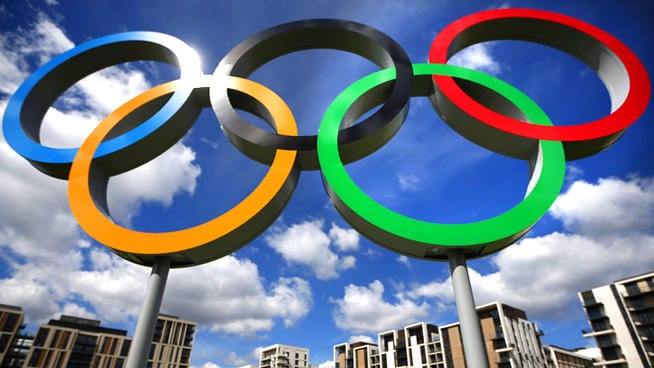
On Saturday, Olympic Committee delegates chose Tokyo (over Istanbul and Madrid) to host the 2020 Summer Olympic games. Meanwhile, a Washington, D.C. nonprofit recently announced that they will spearhead an effort to support Washington as the host of the 2024 games (Washington Post article here).
Competitions to host the Olympic games inevitably generate considerable controversy and criticism about the merits (or lack thereof) of hosting the games. Most of the debate focuses on the economic costs and benefits involved.
Little attention is paid, however, to listing the intangible benefits of hosting such a major event. Public diplomacy should be high on any such list. Hosting the Olympics is a unique opportunity to attract international attention – not only hundreds of thousands of tourists, but also many millions of television viewers – and to shape a powerful and positive narrative of the host country, city, and its people. Recent hosts, most notably China, worked hard to capitalize on this very opportunity.
There are obvious risks for the host, of course, including the possibility of a man-made or natural disaster, as well as the potential for groups to use the event to highlight particular political agendas. Russia, for example, currently faces precisely such a challenge with regard to its record on LGBT issues and the upcoming Winter Games in Sochi. That said, perhaps no other event has quite the same potential for national rebranding and polishing of a country’s image than the feel-good vibes of the peaceful competition, international camaraderie, and mutual understanding epitomized by the Olympic Games.
While the nay-sayers will have their say, I have no doubt that leaders in Japan, Turkey, and Spain all had this in mind as they lobbied for the 2020 games. Congratulations to Japan (and good luck to Turkey and Spain in their future bids) for securing this incredible public diplomacy opportunity!
Related articles
- Tokyo Will Host the 2020 Summer Olympics (theatlanticwire.com)
- Delight as Tokyo awarded 2020 Summer Olympic Games (telegraph.co.uk)
- Cities make final pitches ahead of 2020 vote (sacbee.com)
The views expressed in this blog are those of the author and do not necessarily reflect those of the State Department or the U.S. government. The author is a State Department officer specializing in public diplomacy, currently detailed to the IPDGC to teach and work on various Institute projects.

